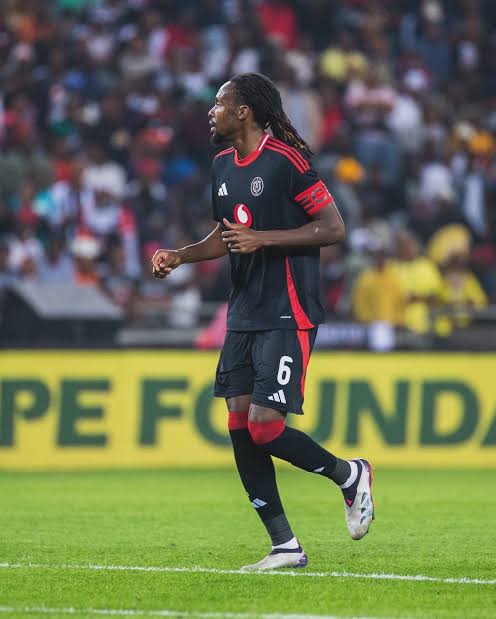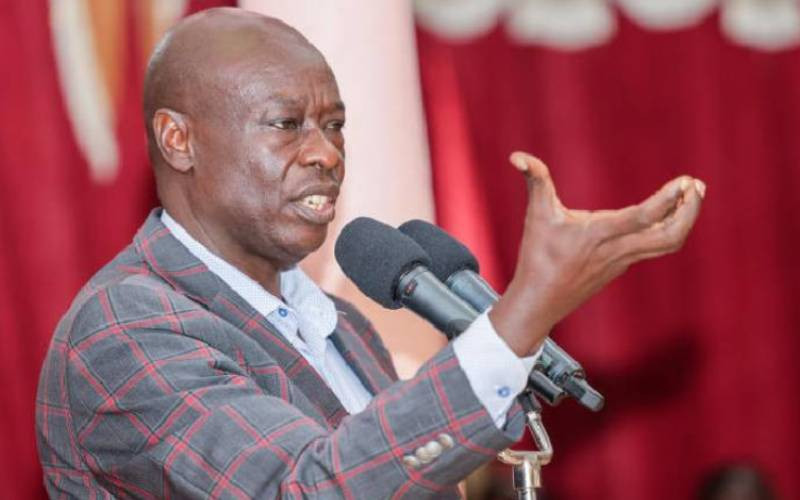PUTIN has lauded Venezuelan president Nicolas Maduro as he was formally declared the winner of his country’s “rigged” presidential election.
The results come a day after the political opposition and the entrenched incumbent both claimed victory in the race.
Putin has since congratulated Maduro on his re-election as Venezuela’s president, the Kremlin said on its Telegram channel.
The Russian despot was quoted as saying: “Russian-Venezuelan relations are of a strategic partnership.
“I am confident that your activities at the head of state will continue to contribute to their progressive development in all directions.
“This fully meets the interests of our friendly peoples and is in line with building a more just and democratic world order.
“I would like to confirm our readiness to continue our constructive joint work on topical issues on the bilateral and international agenda.”
Putin added: “Remember that you will always be a welcome guest on Russian soil.”
The National Electoral Council, which is loyal to Maduro’s ruling party, announced his victory on Monday, handing him a third six-year term as the leader of an economy recovering from collapse and a population desperate for change.
“We have never been moved by hatred. On the contrary, we have always been victims of the powerful,” Maduro said in the nationally televised ceremony.
As Maduro spoke, demonstrators began to gather at a few points in capital Caracas and some attempted to block freeways, including one that connects it to the country’s main international airport.
According to official figures, 61-year-old Maduro earned 51.2 percent of the vote, while 74-year-old opposition candidate Edmundo Gonzalez received 44.2%.
Why is Venezuela’s election so important?
Venezuela’s election could prove a pivotal moment in the country’s history.
For the last 25 years, the South American country has been ruled by a socialist party that has kept a tight grip on the country.
But the United Socialist Party of Venezuela and its leader Nicolas Maduro has overseen a massive decline in living standards in the country during his 11-year rule.
Prices have soared in a bout of hyperinflation – with the increase hitting 360 per cent in 2023.
Poverty in the country had skyrocketed and 8million people have fled to neighbouring states over the past few years.
Maduro is an ally of Vladimir Putin’s and has received help from the dictator to keep his regime afloat.
Venezuela also has the largest oil reserves in the world, even larger than Saudi Arabia, with offshore deposits thought to hold over 300million barrels.
Dramatic videos showed distraught Venezuelans in tears after the results were announced by the National Electoral Council (CNE).
There has been no immediate comment from the opposition, which had vowed to defend its votes and planned to hold a news conference later in the day.
The opposition in Venezuela had also declared victory, claiming that Gonzalez, their presidential candidate, received 70% of the vote in their own tally.
They accused Maduro of manipulating the vote and claims that he controls the electoral process through cronies.
They also claimed people were forced out of polling stations as riot cops made a fortified human barrier at the entrance.
“Venezuelans and the entire world know what happened,” Gonzalez said.
But he and his allies asked supporters to remain calm and called on the government to avoid stoking conflict.
Several foreign governments, including the U.S. and the European Union, held off recognizing the election results.
The opposition have been retaliated against by Marxist Maduro, who claims that “fraud” was done by the “extreme right” opposition.
Venezuela’s tinderbox election had seen dictator Maduro threaten a “bloodbath” if he lost the standoff.
The despot decried a “massive hack” of the electoral body’s transmission system.
He told journalists: “”Venezuela suffered an attack at night, a massive hack, we already know which country it came from – I’m not going to say, the footprint has already been left – on the transmission system of the National Electoral Council because the devils and the demonesses did not want the official bulletin to be given today.”
Maduro added that they know “where they did it” and that it is the Prosecutor’s Office’s responsibility to “enforce justice.”
The elections were among the most peaceful in recent memory, reflecting hopes that Venezuela could avoid bloodshed and end 25 years of single-party rule.
The country sits atop the worlds largest oil reserves and once boasted Latin America’s most advanced economy.
But after Maduro took the helm, it tumbled into a free fall marked by plummeting oil prices, widespread shortages of basic goods and hyperinflation of 130,000%.
U.S. oil sanctions sought to force Maduro from power after his 2018 reelection, which dozens of countries condemned as illegitimate.
But the sanctions only accelerated the exodus of some 7.7 million Venezuelans who have fled their crisis-stricken nation.
Meanwhile, the UK Foreign Office amended its travel advice for Venezuela on Monday, recommending British citizens in the South American country to “stay home if possible” following the presidential election.
The UK’s Foreign, Commonwealth and Development Office (FCDO) said in its latest travel advice: “The UK does not accept the legitimacy of the current administration established by Nicolás Maduro.
“The situation in Venezuela is currently tense and you should stay at home if possible. There is currently a heightened risk of election-related demonstrations and protests.
“Avoid political gatherings, demonstrations and crowds, which may turn violent and be forcibly dispersed.
“Do not cross security lines or barricades. Please closely monitor developments and stay up to date with these travel advice.”
How Maduro chose his opposition for the election

Nicholas Maduro has been in power in Venezuela for 11 years.
His authoritarian grip on the country and disrespect for human rights has seen him undermine free and fair elections in a number of ways.
One way he does so is by jailing his political opponents or banning them from running.
Most notably at this election was María Corina Machado.
Mochado, a former conservative lawmaker, has captured the attention of broad swathes of the public and draws massive crowds wherever she goes.
She has promised to “bury socialism forever” and create a nation where “the criminals and the corrupt go to prison.”
Machado has promised sweeping reforms and she overwhelmingly won a primary of opposition parties in October last year.
But, in January a court ruled that Machado cannot participate in any elections for 15 years due to supposed financial irregularities while she was a legislator.
Maduro has even recently stripped Machado of her bodyguard and arrested her security adviser, the latest in a number of arrests in her team.
Who Maduro has let run is Edmundo González Urrutia, a little known diplomat who represented the country in Argentina and Algeria.
If Urrutia was to win, Machado may well be the power behind the throne.





























Discussion about this post